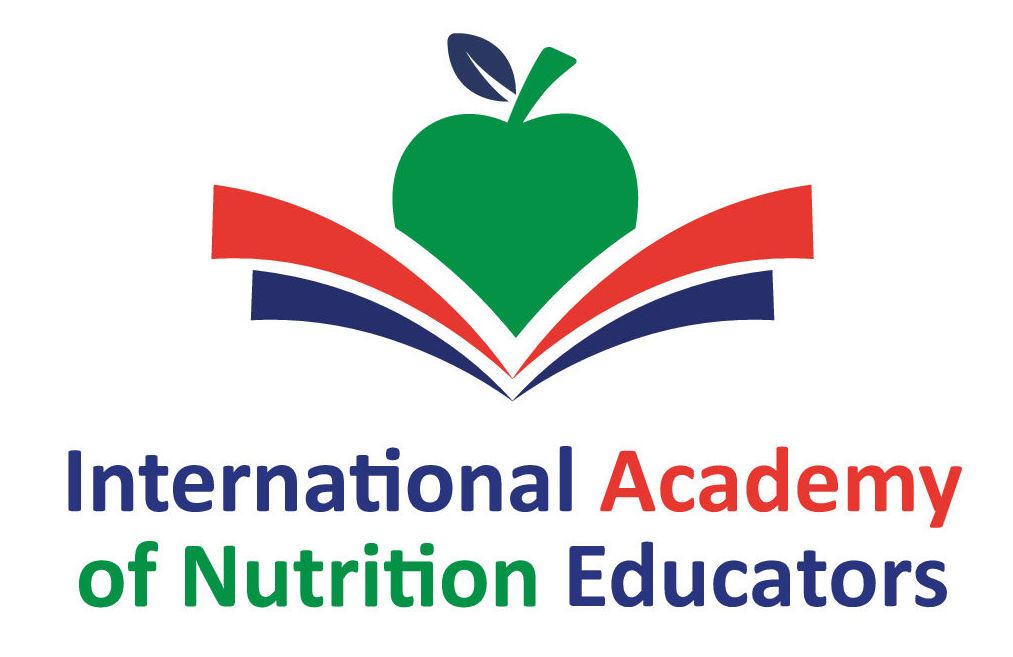
Author: Kai Sento Kargbo
Acknowledgements: Prof Sumantra Ray, Sucheta Mitra, Faculty and Mentors Panel and the IANE Steering Committee. A special thank you to Breanna Lepre, Lead Organiser for the Summer School 2021 and the organising team.
The International Academy of Nutrition Educators (IANE) would like to extend a warm welcome to our incoming members – class of 2021 of the NNEdPro-IANE Summer School in Applied Human Nutrition as well as our new members on the Faculty and Mentors Panel (FMP) – to our global and life-long learning network.
Member Benefits. IANE offers a range of benefits including bespoke mentoring, training, and career development opportunities for professionals and organisations interested in developing and delivering quality nutrition education and evaluating its impact, particularly on healthcare practices.
Summer School in Applied Human Nutrition. The NNEdPro-IANE Summer School is a foundational certificate in applied human nutrition, covering basic nutritional concepts, through current research and methods, to prevention, healthcare and policy applications. At this year's Summer School we had the pleasure of hosting 34 candidates representing 18 nations!
Class of 2021
Ako Carole-Shennelle Mbeng, Cameroon
Alan Stewart, United Kingdom
Ally Jaffee, United Kingdom
Andreia Matos Ribeiro, Portugal
Anne-Marie O’Brien, United Kingdom
Asimkumar Manna, India
Barbara Santos, Brazil
Berta Valente, Portugal
Christine Delon, United Kingdom
Clare Van Dorssen, Australia
Edgard Leandro de Oliveira, Brazil
Eleonara Comini, Italy
Esther Sulkers, the Netherlands
Iain Broadley, United Kingdom
Jaydeep Chakraborty, India
Jordy Van Buiten, the Netherlands
Julia Cerqeira Maranhao, Brazil
Margherita Camodeca, Italy
Marta Silva, Portugal
Matheus Duarte Brito, Brazil
Niky Raja, United Kingdom
Praosiri Charusalaipong, Thailand
Rafaela Barros Romano Fontes, Brazil
Rahila Zakir, United Kingdom
Ramin Shafii, Thailand
Roisin McCarron, United Kingdom
Sally Ayyad, United Kingdom
Sarah Armes, United Kingdom
Suzana Mantovani Cerqueira, Switzerland
Thais de Vries, Brazil
Vince Kelly, United Kingdom
Wanja Nyaga, United Kingdom
Xunhan Li, China
Zana Shabani, Kosovo
Faculty and Mentors Panel (FMP). We are delighted to announce our new additions to the IANE faculty and mentors panel, who span the globe and multiple areas of nutrition related expertise.
Alan Flanagan

Holds an MSc. in Nutritional Sciences and current PhD candidate. Former practising Lawyer (Barrister) from Dublin, Ireland. Founder of "Alinea Nutrition", an online education hub, dedicated to empowering others with clear, impartial evidence-based knowledge and understanding about the science of nutrition.
Dr. Beatrice Biasini
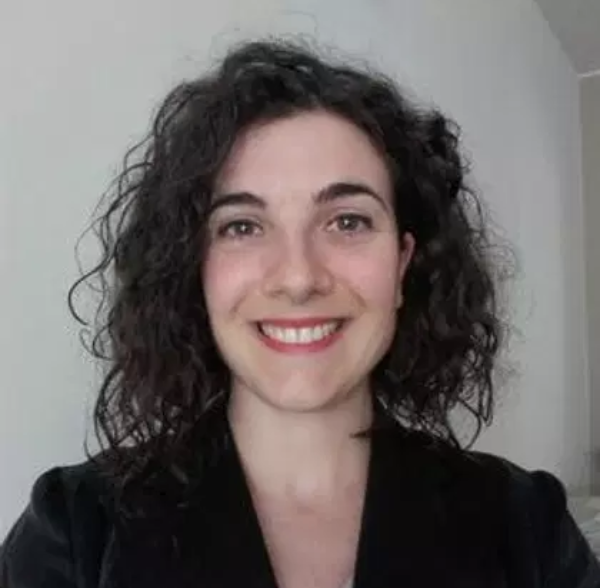
Postdoctoral Research Fellow at the Department of Food and Drug of the University of Parma, Italy. Her research interests pertain to both individuals and population approaches, as part of her research aims to assess good practices in improving food quality schemes and public governance and efficiency in school canteens.
Dr. Dora Pereira

Former Research Group Leader at the University of Cambridge where she led Phase II clinical trials with a novel oral iron supplement ("IHAT") in collaboration with the MRC Unit the Gambia at London School of Hygiene and Tropical Medicine. Now works in Medical Affairs where she maintains a strong focus on providing safe and efficacious treatments for iron deficiency and anaemia across different patient groups.
Dr. Francesca Ghelfi

Completed a PhD in Food Science and Human Nutrition at the University of Parma, focussed on nutrition science education and communication in two different settings: catering schools and oncology centres. Also a nutritionist in the "SmartFood Project" which aims to fill the existing knowledge gap between health institutions and general public, in particular students and patients, about health and nutrition.
A/Prof Francesca Scazzina

Assistant Professor at the Department of Food and Drug, University of Parma. Her research focusses on complex carbohydrate, dietary fibre, prebiotics and antioxidants in foods, and their effects on metabolism and intestinal functions. Since 2009, Francesca has been involved in food educational projects implemented in primary schools of the Parma area, where she acquired extensive experience in educational health learning programs and children population surveys.
Gabriele Mocciaro
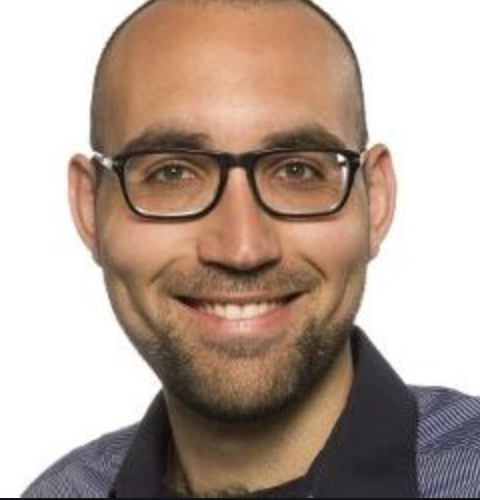
Research Assistant in the Department of Biochemistry, University of Cambridge. Main research interest lies in the field of nutrition and metabolism. Specifically, he plans to investigate the role of diet and nutrients on the prevention and treatment of metabolic disease and its complications (coronary heart disease, type 2 diabetes, fatty liver, Alzheimer’s disease, and cancer).
Guiseppe Di Pede

Holds a BSc in Gastronomic Sciences and completed his studies for an MSc in Food Science and Technology at the University of Parma. His Master’s thesis in human nutrition focussed on the effect of different starch sources and the addition of fat on starch digestion and glycaemic index in rice and pasta. Currently, he is a Ph.D. student in Food Science at the Human Nutrition Unit of the University of Parma.
Justyna Godos

Currently a PhD candidate at the Department of Biomedical and Biotechnological Sciences, School of Medicine, University of Catania, Italy. Her primary research interests focus on how nutritional factors are associated with human health, and her key disciplinary areas are nutritional biochemistry and nutritional epidemiology.
Dr Letizia Bresciani
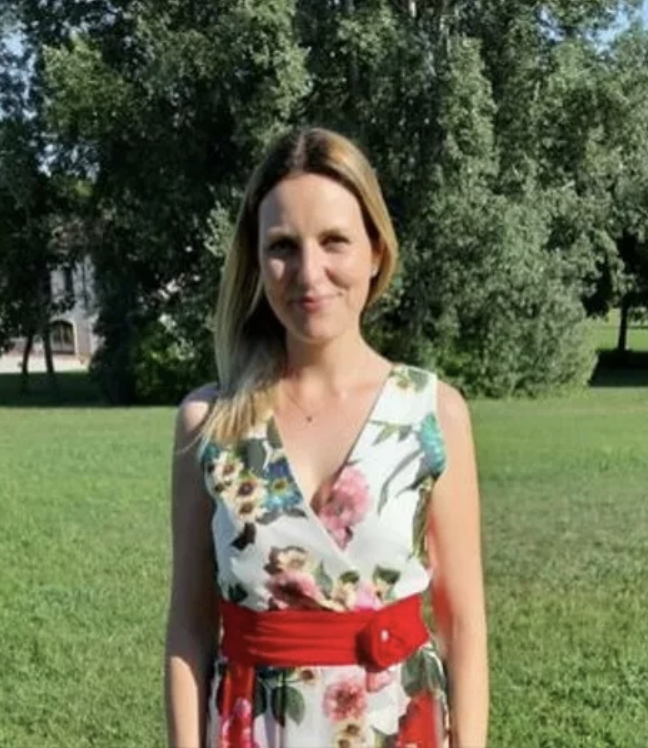
Post-Doctoral Research Fellow at The Laboratory of Phytochemicals in Physiology, Human Nutrition unit, University of Parma, Italy. She has a Master's degree in Food Science and Technology and a PhD in Food Science at the University of Parma. Her expertise includes purification and characterisation of phenolic compounds from vegetables and investigation of pharmacokinetics, absorption, metabolism, bioavailability and bioactivity of human and microbial phenolic metabolites, using principally in vivo models, both animal and human.
Dr. Lisa Sharkey
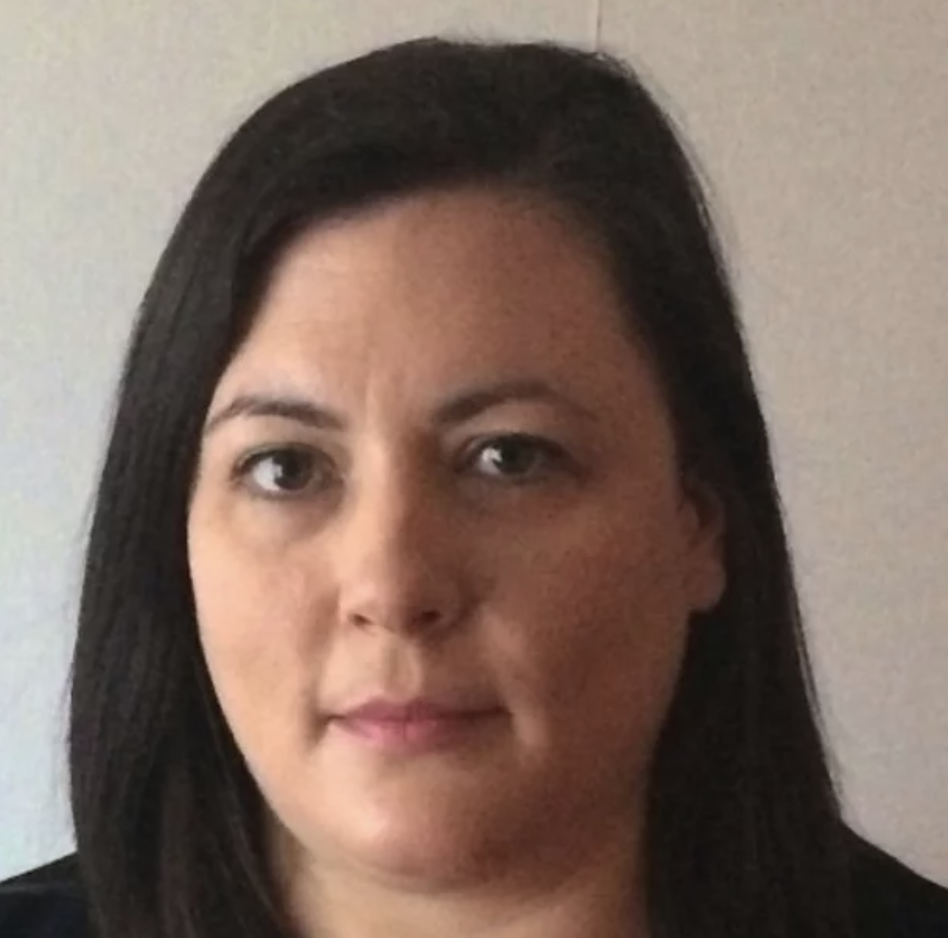
Qualified from the University of Cambridge and completed her Gastroenterology training within the East of England. Lisa is involved in undergraduate and postgraduate education in nutrition and is the nutrition representative for the national Gastroenterology Training Committee. Her research interests include Intestinal Failure Associated Liver Disease, nutritional outcomes after intestinal transplant and biomarkers of graft rejection.
Dr. Simon Poole

Cambridge based medical doctor, broadcaster and commentator and is an internationally renowned authority on the science and application of the Mediterranean diet and lifestyle. He is author of the award winning Olive Oil Diet and speaks regularly on the subject of communication and change management in population and individual nutritional health. Simon is an international senior collaborator with the NNedPro Global Center for Nutrition and Health, and has previously been involved in teaching at Cambridge University primary care department.
For more detailed information on IANE, including events, fellowship, and how to become a member, visit our webpage.
.png)